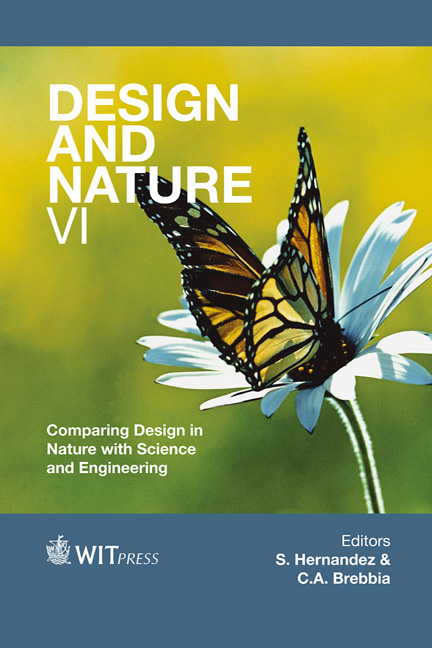Functionality And Artistic Creativity In Design Of Environmentally Integrated Architecture
Price
Free (open access)
Transaction
Volume
160
Pages
12
Page Range
95 - 106
Published
2012
Size
2,409 kb
Paper DOI
10.2495/DN120091
Copyright
WIT Press
Author(s)
A. Berezin & B. V. Gonzalez
Abstract
Architectural creativity almost invariably operates within the constraints of functionality, structural and material engineering codes, as well as a variety of environmental aspects which as a rule are highly specific for a particular architectural project. As a result, an eventual public perception and an assigned social value of a particular piece of architecture are formed on the basis of numerous parameters such as individual and group psychology, existing social frame of reference, dominant esthetic and artistic views as well as a variety of utilitarian ends. All these factors are highly interactive and subjected to complicated geographical, demographical and historical variations, not to mention a broad range of individual modes of reflection. This paper presents an overview of the above mentioned aspects under the angle of psychological, social and technological factors affecting the creativity of a designer of environmentally integrated architecture. We use analogies from natural sciences (self-organization, chaos theory, strange attractors, etc), as well as provide some historical and philosophical comments. Of our particular interest are unusual and surrealistic architectural solutions which are often in the focus of public and touristic interests. Keywords: architecture, creativity, environment, environmental integration, public perception, self-organization, esthetics, surrealism. 1 Introduction Human creativity as expressed in architecture is a multi-faceted phenomenon in which the artistic inspiration and imagination of creators are working in a complicated framework of numerous technological, social, economical, psychological, and (at times) political constrains. The objects of architecture,
Keywords
architecture, creativity, environment, environmental integration, public perception, self-organization, esthetics, surrealism.





